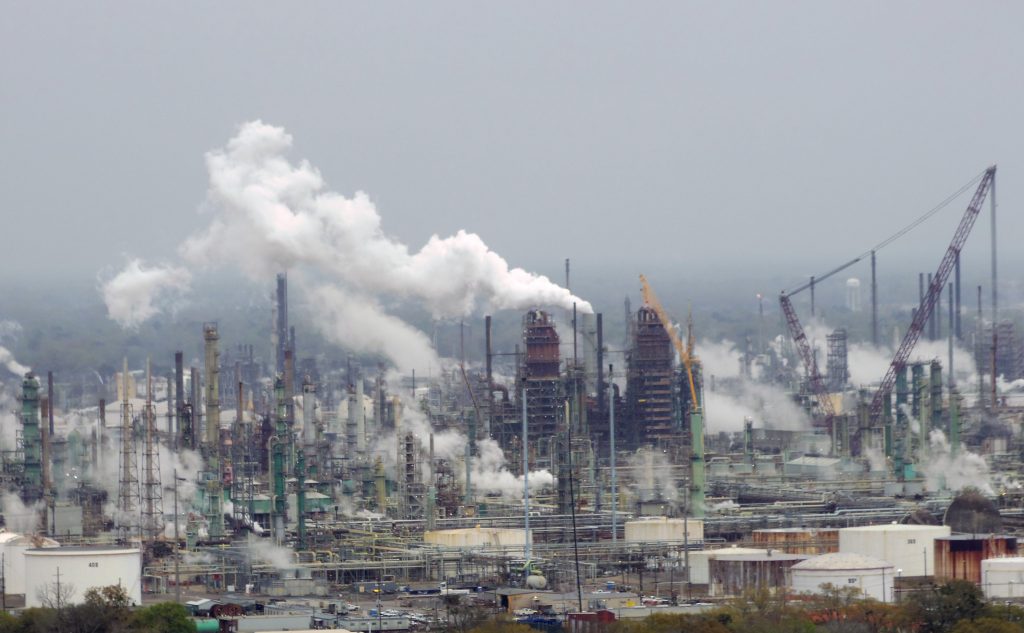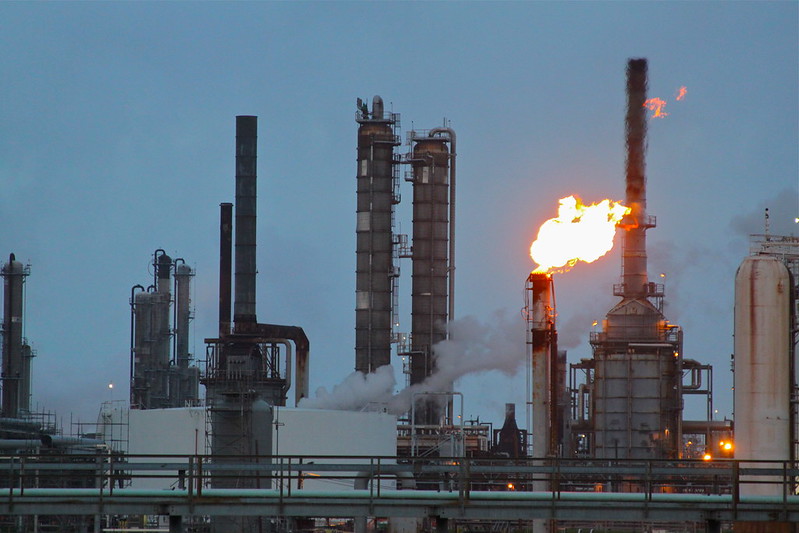“It’s high time for EPA to crack down on the toxic pollution from oil refineries that’s threatening both wildlife and human health,” said one environmental justice advocate.
By Kenny Stancil Published 1-26-2023 by Common Dreams
The U.S. Environmental Protection Agency is failing to uphold its legal obligation to regulate the nearly half-billion gallons of toxic wastewater that petroleum refineries dump into the nation’s waterways on a daily basis, according to an exhaustive study published Thursday.
The Environmental Integrity Project (EIP), a watchdog founded by former EPA enforcement attorneys, analyzed publicly available records and found that in 2021 alone, the 81 refineries across the U.S. that discharge into rivers, streams, and estuaries released 1.6 billion pounds of chlorides, sulfates, and other dissolved solids harmful to aquatic life; 15.7 million pounds of algae-feeding nitrogen; 60,000 pounds of selenium, which can cause mutations in fish; and other pollutants, including cyanide; heavy metals such as arsenic, chromium, copper, lead, mercury, nickel, and zinc; and petrochemicals like benzene. Continue reading



